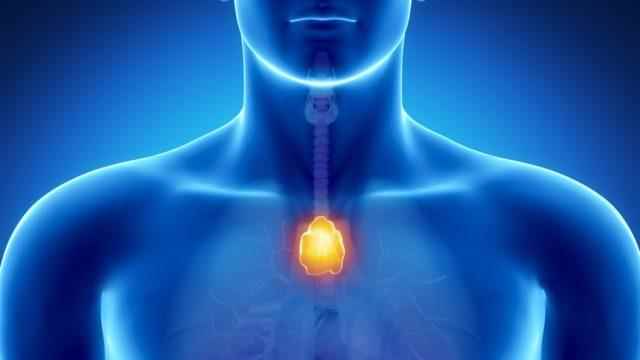For the first time, a heart and thymus transplant was performed together in an operation that will go down in the history of medicine to a baby named Easton in the USA. Easton, this way, it is predicted that he will not have to take immunosuppressants after the organ transplant. This first successful trial could revolutionize organ transplants.
Originally, the procedure was originally intended as a trial to save Easton’s life, but the results showed that it could lead to breakthrough innovation in organ transplantation.
The transplanted thymus gland prevented Easton’s body from rejecting the transplanted heart.
Months after the operation, Easton’s heart transplant was successful and his health improved positively.
The thymus glands also started working in Easton, causing his body to develop critical immune cells; this helped him reduce over time the immunosuppressant drugs that prevent organ rejection. Doctors predict that after a while Easton may not need to use these drugs at all.
Joseph Turek, one of Easton’s doctors at Duke University Hospital, said they were “very excited” about this development:
“This concept, which we call tolerance, has always served as the holy grail in transplants, now we are about to open this door. This development has the potential to change the future of organ transplants.”
Thymus glands help develop T-cells, which fight against foreign substances in the body. T-cells are cells that teach the body’s immune cells “who you are” and “who is a foreigner”. Thus, immune cells start a war against foreign cells.
By transplanting cultured thymus glands from Easton’s heart transplant, T-cells produced the same kinds of immune cells as the new heart. This led to the body’s rapid adaptation to the new tissue.
Easton’s story
Easton was born with a weak heart, and he also had problems with his immune system. He spent the first seven months after birth in the hospital, on life support for some time during these seven months. He also had to undergo many heart surgeries. He also had to receive treatment for infections that his body was exposed to in the hospital and could not cope with.
“The whole process helped him survive, but it was like a temporary band-aid until the transplant,” recalls his mother, Kaitlyn Sinnamon.
His doctors applied to the FDA, the US Medical Regulatory Agency, to perform this experimental operation. As far as is known, no one had a simultaneous heart and thymus gland transplant before that date.
Easton both needed a new heart and needed a thymus gland to boost his immunity, regardless of heart problems. The FDA therefore approved the application, and proceedings began in August 2021. At the time, Easton was only six months old.
Dr. Turek says, “We had the experience to perform both transplants. That’s why we performed these two transplants at the same time. We discovered this result, which can make a big difference in transplants, by pure chance.”
“In experiments we conducted in the laboratory, we have also seen that tolerance is developed when we perform a thymus and heart transplant together.
“Receiving the heart and thymus glands from the same donor retrained the immune system in the transplanted body.
“We thought this was a great opportunity for Easton. If it works in the long run, this method could be used for all organ transplants.”
Not just time, but lots of experiments and studies are needed to see if this double transplant works.
For example, what would be the result of transplanting another thymus gland for people who already have thymus glands that are working fine; we don’t know that yet.
Doctors plan to completely discontinue the immunosuppressant drugs given to Easton over time. Thus, you will be able to monitor how it progresses.
“I hope when she grows up she’ll be proud of all these surgical scars on her body and see that they served as a discovery that not only saved her life, but the lives of many others, too,” says her mother, Kaitlyn.
